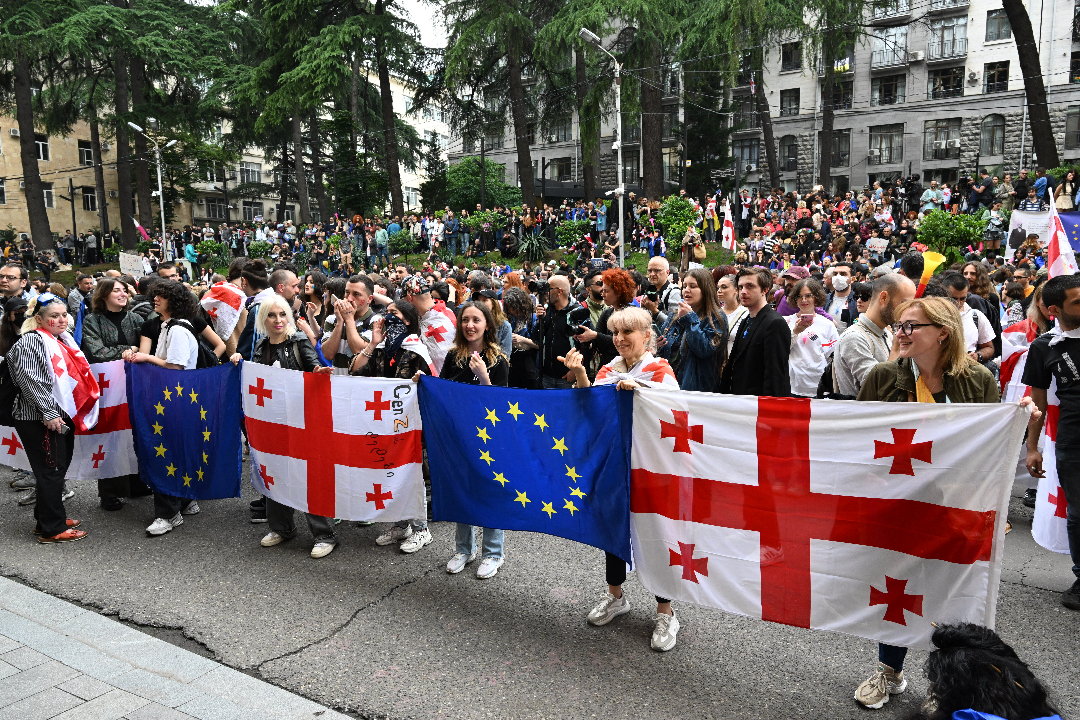Among the executive orders rushed out the day President Donald Trump took office was one ordering a ninety-day pause to all foreign aid, to assess “programmatic efficiencies and consistency with United States foreign policy.” Which, the order helpfully clarified, is the president’s foreign policy.
It contains an intriguing line: “[The United States foreign aid industry and bureaucracy] serve to destabilize world peace by promoting ideas in foreign countries that are directly inverse to harmonious and stable relations internal to and among countries.” This language echoes a complaint by Republican senators during Trump’s first term about US embassies and the US Agency for International Development (USAID) meddling in politics and promoting progressive causes to the dismay of locals in the Balkans, Latin America, and Africa. US foreign aid, this 2017 letter argued, was “disrespecting national sovereignty and civil society” and “fomenting unrest.”
It’s hard to imagine Trump is moved by genuine concern about the sovereignty and democratic self-determination of states in the Global South. This week’s moves to dismantle USAID clearly aren’t driven by fears of infringing on other nations’ authentic civil-society development. Trump’s nakedly transactional approach to foreign policy leaves little room for respect for what he has referred to as “shithole countries.”
The distorting and destabilizing aspects of foreign funding of developing countries’ civil society and politics are real, however — and increasingly glaring. If someone wanted to inquire earnestly into how foreign aid affects civil society, democracy, and sovereignty, and think honestly about what it all ultimately comes down to — money and power —…
Auteur: Almut Rochowanski

